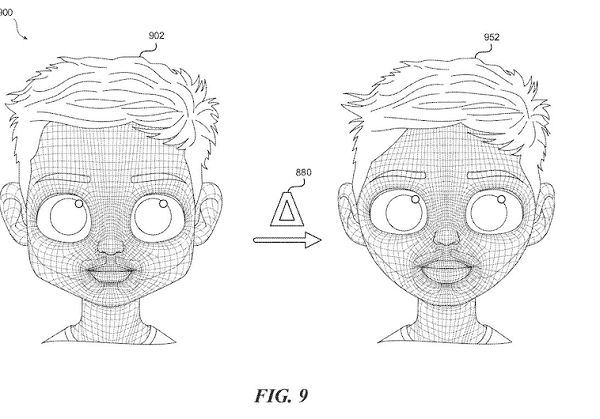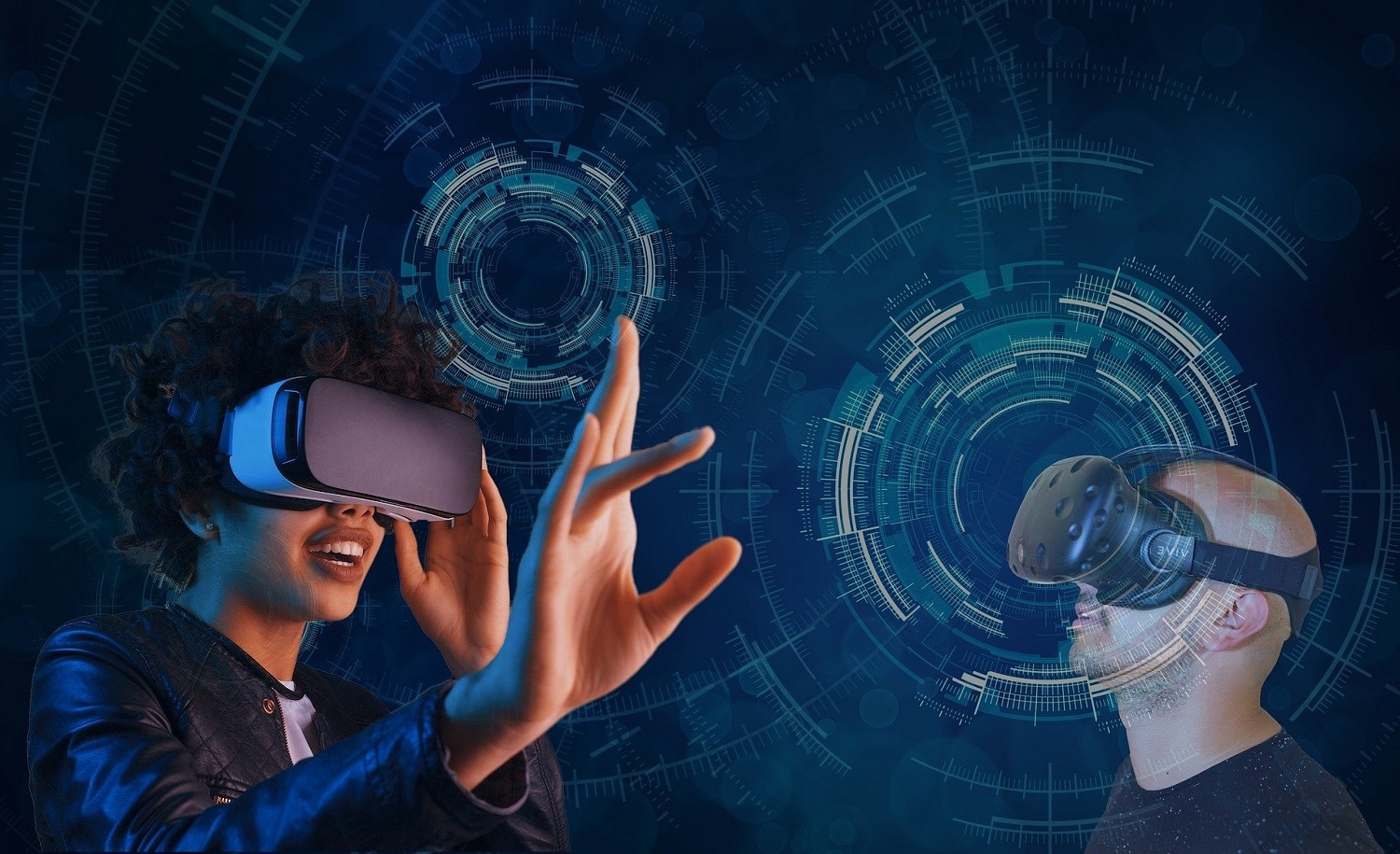In recent months, Meta (formerly Facebook) has filed several patent applications in the field of virtual reality. We can read there is a stated desire to make the metaverse a “sensitive” place, but also the potential to collect more massive data than before.
« Giving a sense of presence, as if you were there with someone else, is the holy grail of online social experiences This is what Mark Zuckerberg, CEO of Meta, remembers at the end of last year interested in trade In an article, the media observes with a magnifying glass the latest patent applications from Meta. It stands to reason that the patents in question are largely oriented towards this sense of “presence”.
Often the idea is to simulate a more realistic presence, by copying the movements of the body, or even the eyes. It is also about allowing users to “feel” their virtual environment to provide more natural interactions and sensations. Of course, these are only patents, not technologies that already exist. However, the possibilities they propose in the field of virtual reality are likely to attract attention.
For example, a patent application has already been filed for tactile gloves that simulate the sense of touch with the hands. There is also a collision avoidance system in VR: in fact, being able to naturally cross a table or wall doesn’t make the experience very realistic.
Voice detection and body sensors
Voice Detection aims to make things sound and give a better impression of being together, for example when you go with friends to a virtual concert. One patent focuses on a technology that would facilitate movement in vast virtual universes when one is in a limited real space, via a system of virtual “paths”.
We also find, among other things, the manipulation of objects based on gestures. Meta has already started implementing the ability to interact only with its hands and no longer with consoles via Oculus. The patents go further by offering sensors that can be worn on the whole body, or a magnetic sensing system that attaches to the torso to detect body positions.
So it is a good part of our anatomy, whether it pertains to postures, movements or even facial expressions, which will be carefully examined by all of these techniques. ” Every company that develops AR/VR technology is trying to create realistic avatars that can interact and also have low latency. Jeremy Belinson, founder of the Stanford University Virtual Human Interaction Lab. Some patents tend to produce realistic clothing according to the person, with body mapping, or to personalize avatars according to the user’s actual attributes.

These possibilities, which could be fascinating, seriously worry some experts. And for good reason: Patents have already mentioned the possibilities of personalized advertising, but they are silent on issues of confidentiality and data protection. “ For Facebook, your data is their product ‘,” explains Owen Vaughan, director of research at nChain, a company focused on data security and confidentiality. “ The creation of the metaverse brings many risks in terms of privacy and security ».
For him, it is now, in the early days of metaverse design, that these questions must be addressed. “ It may be impossible to integrate later It warns. ” Of great concern is that security and privacy are not patented. There should be, and it can be ».

“Certified gamer. Problem solver. Internet enthusiast. Twitter scholar. Infuriatingly humble alcohol geek. Tv guru.”





